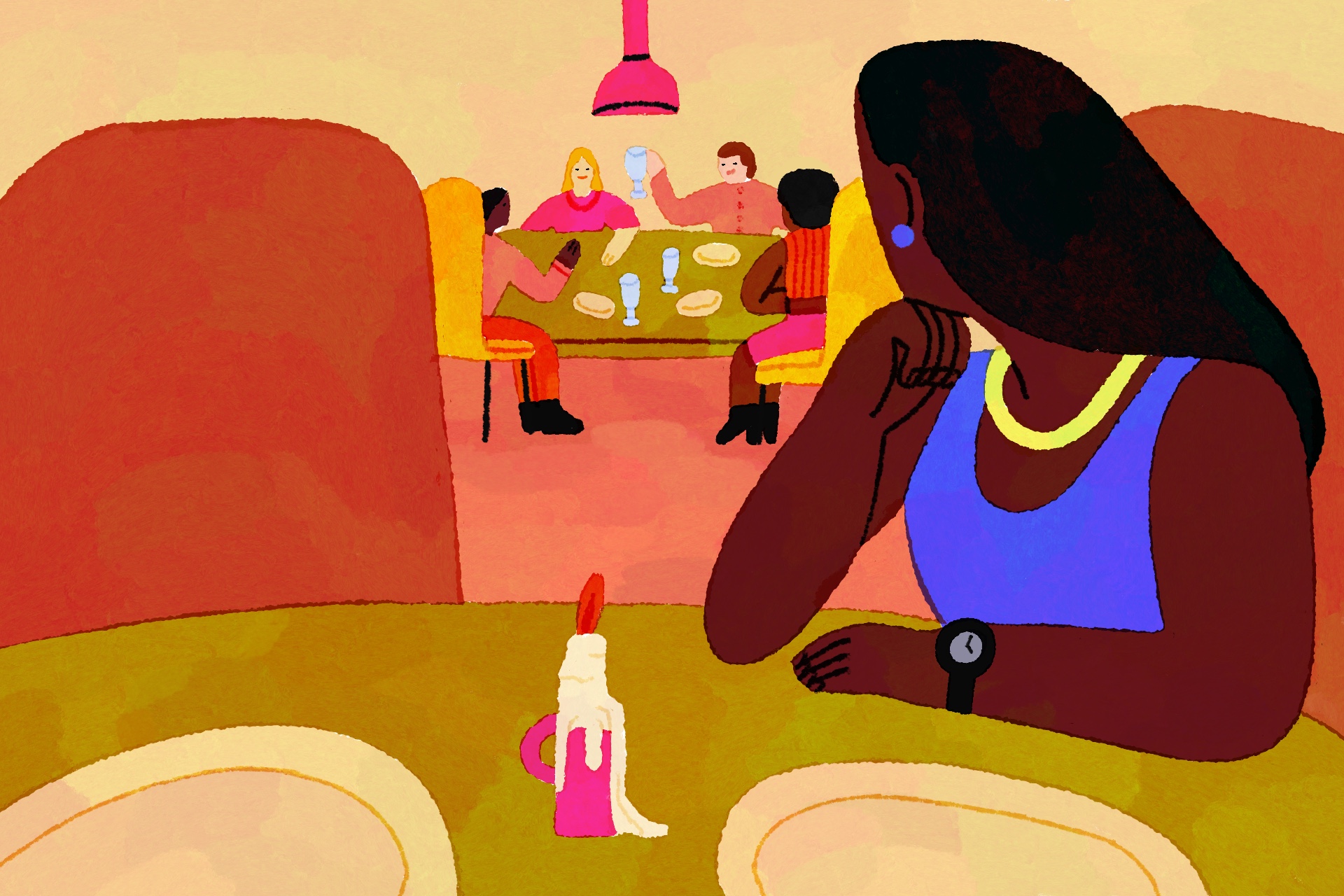The Decline of Dating Apps and the Rise of Friend-led Introductions
The swipe-right revolution may be waning. For many, the seemingly endless scroll of dating apps has yielded diminishing returns, leading to a growing disillusionment with digital matchmaking. This shift in sentiment is prompting a return to a more traditional, and arguably more personal, approach to finding a partner: friend setups. Thirty-year-old Jude Cohen, a communications consultant in New York City, exemplifies this trend. Tired of the superficiality and often frustrating experience of dating apps, she’s actively seeking introductions from her social circle. This represents a significant change from previous generations, where meeting through mutual friends was the norm.
A Personal Anecdote: Back to Basics
Cohen’s recent dating experience serves as a microcosm of this broader movement. A family friend, without prior consultation, texted her details about a potential match living hundreds of miles away in her hometown. Cohen, while open to a long-distance relationship, had minimal information about this individual before their date. She even attempted, unsuccessfully, to find him on Instagram, highlighting the lack of pre-date digital reconnaissance common in the app-driven dating landscape. While she described the conversation as “lovely,” the lack of romantic chemistry ultimately underscored the limitations of even a well-intentioned friend setup, emphasizing the inherent unpredictability of romantic connections. Had this man lived in New York, the outcome might have been different, highlighting the geographical limitations inherent in friend-based matchmaking.
Analyzing the Shift: Why the Change?
Several factors contribute to the growing preference for friend-led introductions. Dating apps, despite their ubiquity, often foster superficial interactions focused on curated profiles and fleeting judgments. The sheer volume of potential partners can be overwhelming, leading to a sense of detachment and a lack of genuine connection. In contrast, friend setups offer a level of vetting and shared social context, potentially leading to more meaningful interactions from the outset. Friends, it’s argued, possess a deeper understanding of an individual’s values, personality, and relationship goals, increasing the likelihood of compatibility. This shift also reflects a growing desire for authenticity and a rejection of the often performative nature of online dating profiles.
Conclusion: A Hybrid Future?
While dating apps are unlikely to disappear entirely, the resurgence of friend-led introductions signifies a valuable shift in the dating landscape. It suggests a yearning for deeper connections and a more personal approach to finding love. Perhaps the future lies in a hybrid model, where the efficiency of online platforms is combined with the personal touch of friend referrals, creating a more balanced and fulfilling experience for those seeking lasting relationships. Cohen’s experience, while not a resounding success, serves as a compelling example of this evolving trend. The question remains: will friend setups become the dominant method of relationship formation in the years to come? Only time will tell.
Based on materials: Vox





